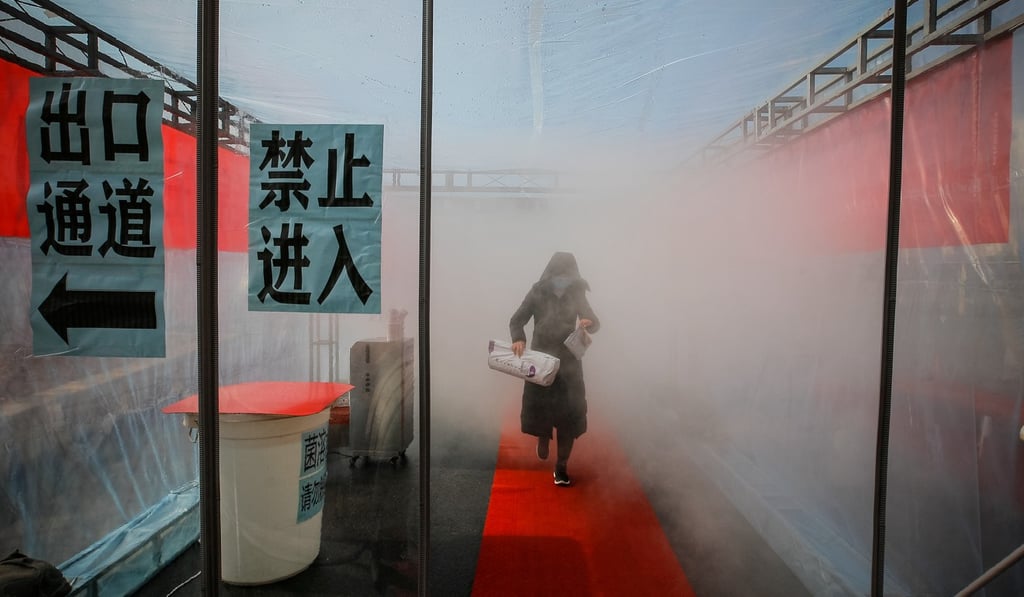Opinion | Doctors aren’t enough – to fight the new coronavirus, we need an all-of-science response
- Fighting a species-level threat like Covid-19 requires the best brains from disciplines as varied as mathematics, AI, sociology and psychology
- Learning to work together under the threat of outbreak lays the foundation for global collaboration to fight larger threats like climate change

In April 2019, humanity saw what was previously thought unseeable when Nasa released our first picture of a black hole. Black holes are so dense no light escapes from them, making them invisible and any pictures hitherto impossible. We produced that picture because a whole bunch of scientists worked together, representing the height of our species’ collaborative abilities.
Who then, are the new outbreak experts? Why do we need them? How could it work?
As outbreaks are also a psychological, political and social phenomenon, we may need sociologists, psychologists, philosophers, ethicists, media practitioners, crisis management experts, policymakers and senior civil servants in the decision-making room.

These are just the more predictable ones. Others could be the software engineer who writes an algorithm or a digital health tool that gathers disease transmission data, urban planners who design cities to be more resilient to outbreaks, or anthropologists or historians who help us manage fear and panic by deconstructing our human psyche and history.
